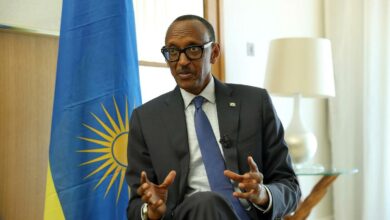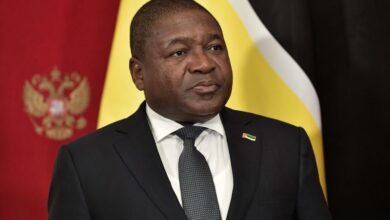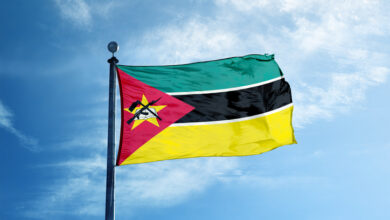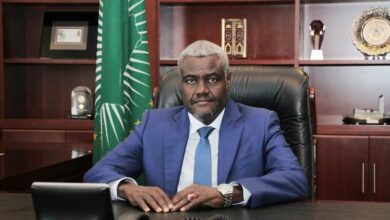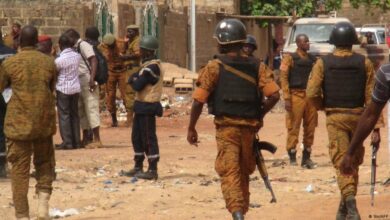Mozambique
EU Pledges To Provide Additional Support For Military Mission To Mozambique
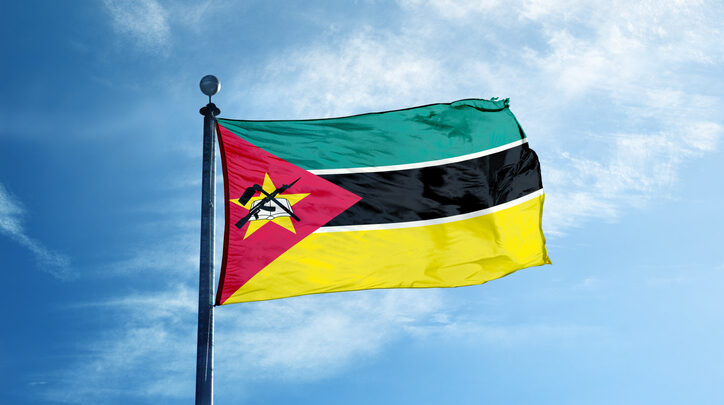
The European Union (EU) on Thursday said it will provide additional support for its military mission in Mozambique as Islamist attacks threaten gas projects that are designed to reduce the EU’s dependence on Russian energy resources, reported The Tribune.
On Thursday, EU chief diplomat Josep Borrell told reporters that the bloc was committed to helping the country fight against terrorism.
The statement came after Borrell’s meeting with Mozambique’s President Filipe Nyusi and Foreign Minister Veronica Macamo in the capital Maputo.
The attack was a “stark reminder that the fight against terrorism is not over, and that unhappily it is spreading out of the Cabo Delgado region,” the EU chief diplomat added.
Borrell’s Mozambique ctrip came just one day after an Italian nun was killed in an attack on a missionary compound in the Nampula province. The Islamic State jihadist group, which has been waging an insurgency in the north of the country, claimed responsibility for the attack.
Mozambique has the third largest proven gas reserves in Africa after Nigeria and Algeria. But the southern African country has been fighting Islamic State-linked militants in the northernmost gas-rich province of Cabo Delgado since 2017.
As per reports, the EU has approved to give 15 million euros to the Southern African Development Community (SADC) mission in Mozambique (SAMIM), which is fighting insurgents.
In a statement, the EU said the money will be used to provide equipment including camp fortifications and vehicles. The financial support adds to the previously agreed 1.9 million euros already provided by the EU to SAMIM and the 89 million euros to the Mozambican armed forces.
Mozambique’s Foreign Minister Macamo described relations with the EU as excellent. President Nyusi also praised the EU’s support, including the creation of a military base to train Mozambican forces.
EU’s move also comes as the West seeks to counter Russian and Chinese influence in the southern African nation.


